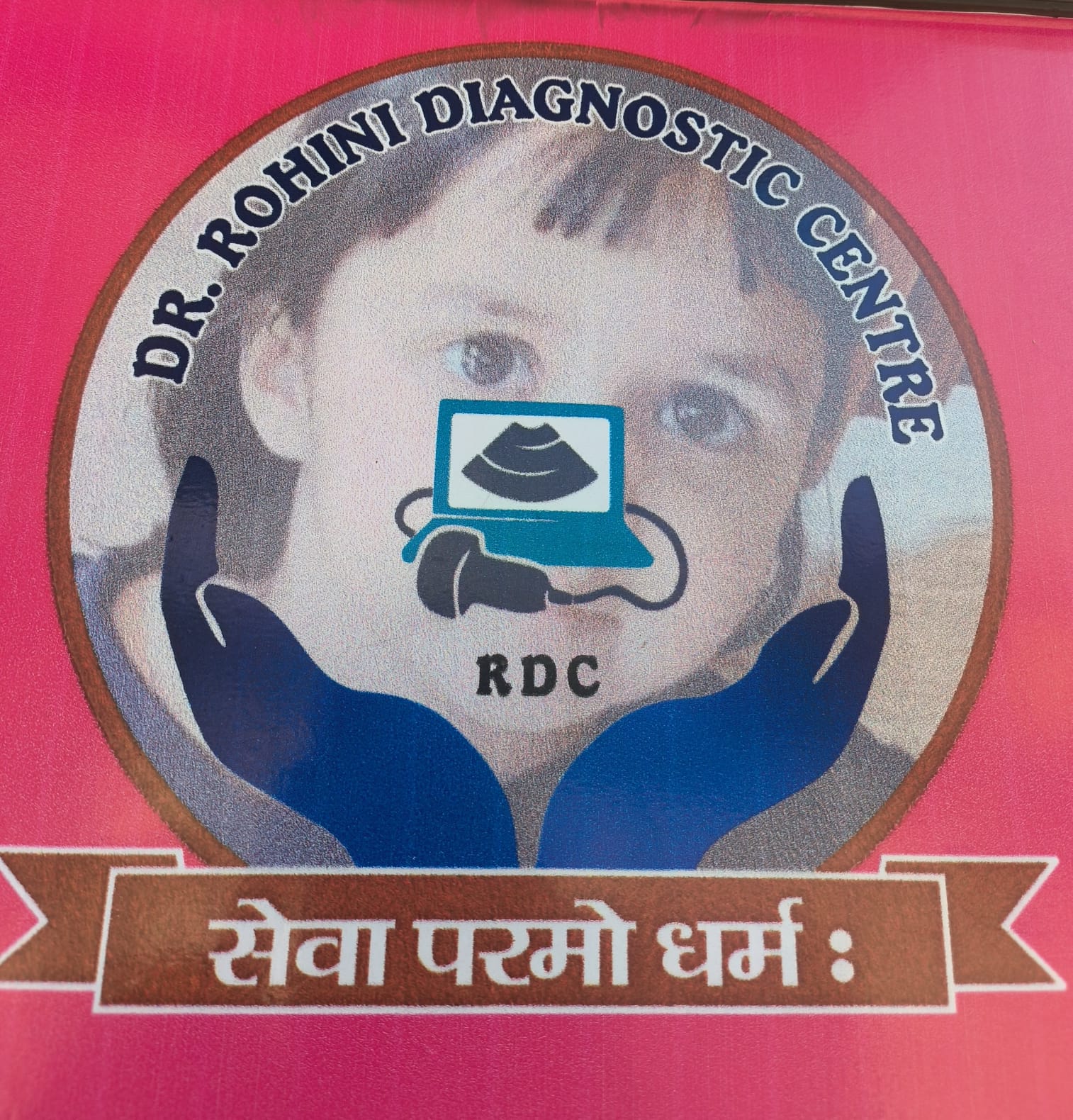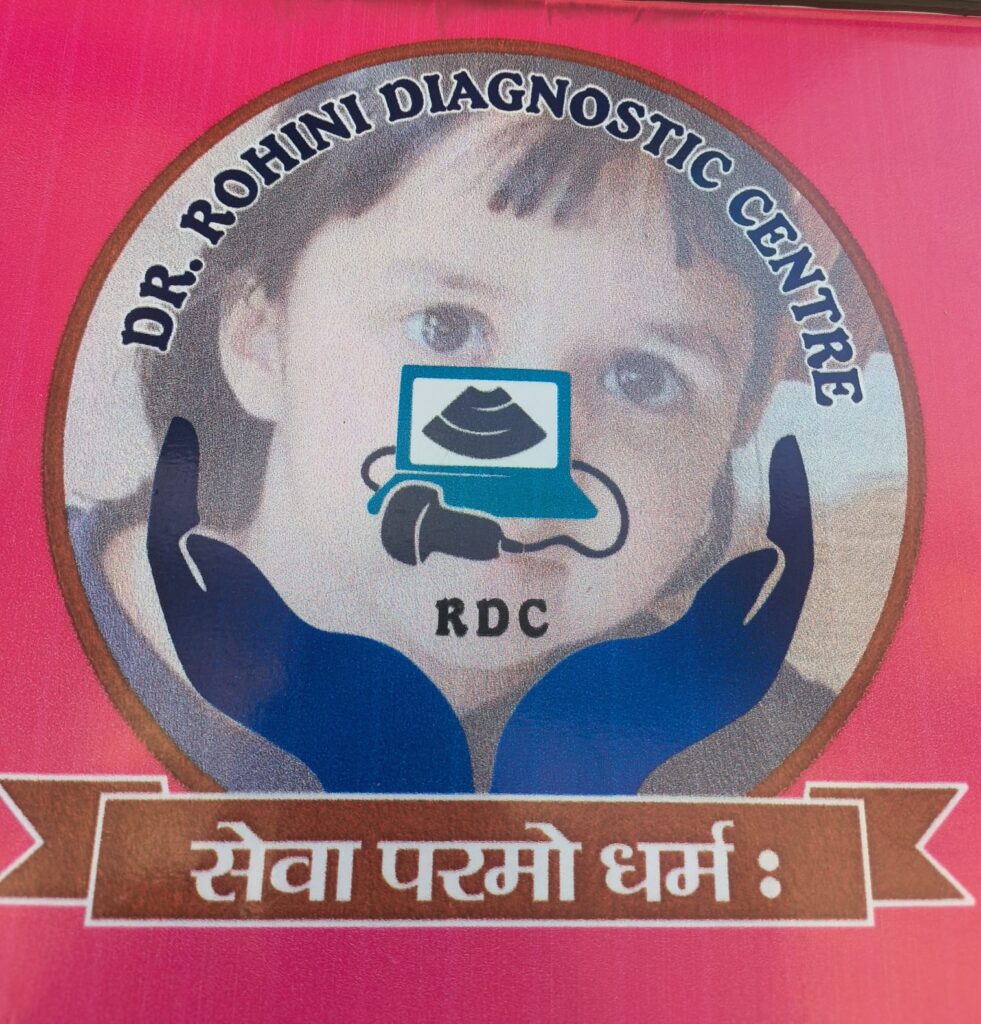Thyroid Scintigraphy

Thyroid Function Assessment
- Radioisotope Uptake: Utilizing radiopharmaceuticals such as technetium-99m per technetate or iodine-123 to evaluate thyroid function by measuring the uptake and distribution of radioactive tracer within the thyroid gland.
- Differential Diagnosis of Thyroid Disorders: Differentiating between various thyroid conditions including hyperthyroidism, hypothyroidism, thyroid nodules, and thyroiditis based on patterns of radioisotope uptake observed during scintigraphy.
- Quantitative Assessment: Providing quantitative data on thyroid uptake and thyroid-to-background ratios to aid in the diagnosis and management of thyroid disorders, guiding treatment decisions and monitoring response to therapy.
Thyroid Imaging and Localization
- Functional Imaging: Generating dynamic and static images of the thyroid gland using gamma camera technology to visualize thyroid anatomy, size, shape, and any focal abnormalities such as nodules or goiters.
- Detection of Thyroid Abnormalities: Identifying areas of increased or decreased radioactive uptake within the thyroid gland, which may indicate the presence of nodules, inflammation, or functional abnormalities such as autonomous thyroid nodules or Graves’ disease.
- Localization for Surgical Planning: Assisting surgeons in localizing specific areas of thyroid dysfunction or focal lesions identified on scintigraphy to guide surgical resection or minimally invasive interventions, optimizing patient outcomes.
Personalized Treatment Strategies
- Individualized Management Plans: Tailoring treatment strategies based on the findings of thyroid scintigraphy, including the use of radioactive iodine therapy, antithyroid medications, or surgical intervention, to achieve optimal thyroid function and symptom control.
- Monitoring Disease Progression: Utilizing thyroid scintigraphy for serial imaging studies to monitor changes in thyroid function, size, and activity over time, assessing response to treatment and guiding adjustments in therapeutic regimens.
- Collaborative Care Coordination: Facilitating multidisciplinary collaboration among endocrinologists, nuclear medicine physicians, radiologists, and surgeons to ensure comprehensive evaluation, management, and follow-up of patients with thyroid disorders, promoting coordinated and patient-centered care.



